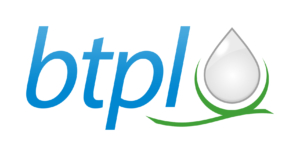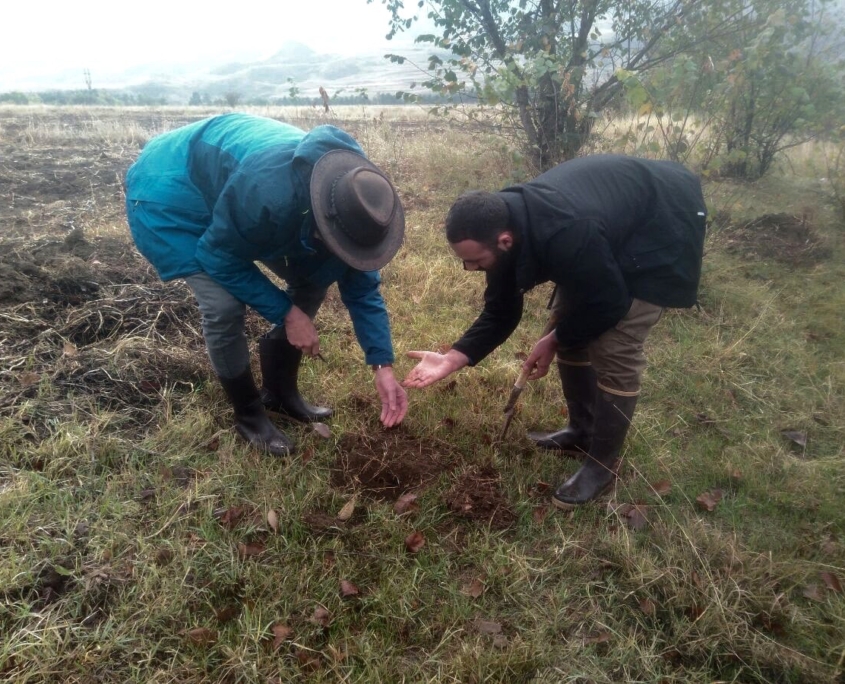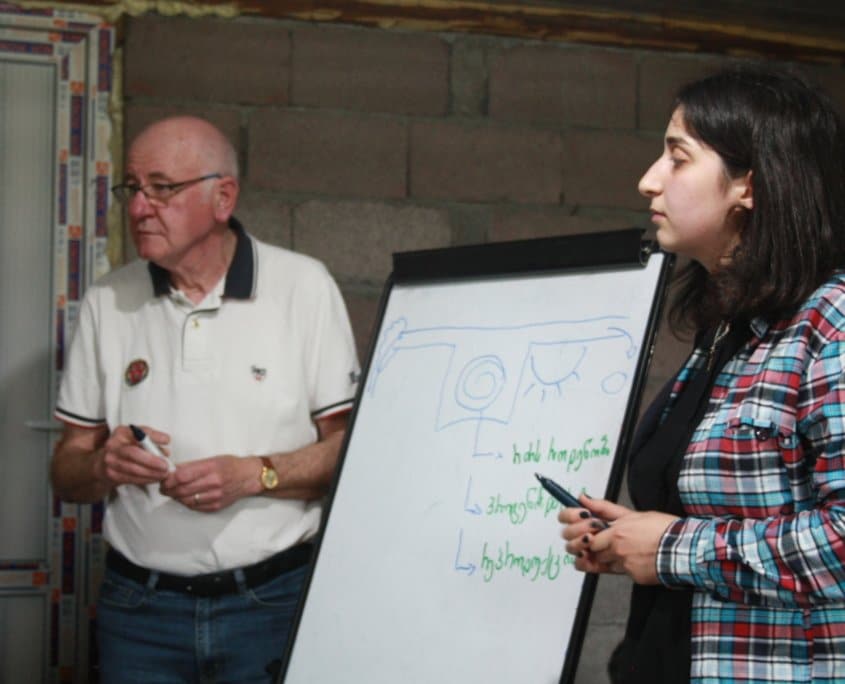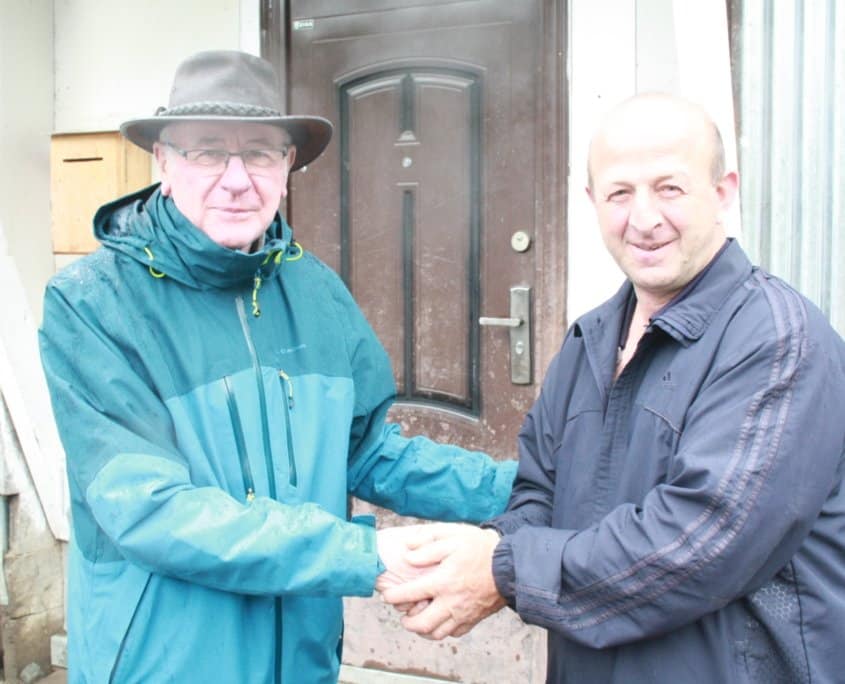For more than 20 years, Fert has regularly solicited the Bureau Technique de Promotion Laitière, a consulting and training organization for the dairy sector in France, to share its expertise with the farmers supported by Fert. An initial collaboration was very fruitful in Brazil and opened the way to other partnerships, notably in Madagascar and Georgia. Gérard Sidot tells us about his experience with Georgian farmers.
Can you introduce yourself and the BTPL?
I was a regional engineer with the BTPL for 25 years and then took over the direction of the BTPL from 1995 to 2013. The BTPL was created in 1972 by dairy cooperatives to train and support their members and technicians. I used to say that the first wealth of a farm is the individual, so we must invest in people. The BTPL is in this same state of mind.
How did this partnership between BTPL and Fert start?
We first worked with Fert in Brazil in the state of Paranà. It was a great success, we met on the same values, the same way of working. We continued our collaboration in Madagascar and then in Georgia where we carried out a first mission in 2017.
What does this collaboration in Georgia consist of?
At first, we supported very small farms with only a few animals. In 1972, the BTPL had done the same thing in France, supporting small farms by bringing its expertise in dairy production. In Georgia, we did not reinvent anything, we supported the farmers in the field with our French experience. We went to the field to provide local support. One of the first tools I used at BTPL and in Georgia was a spade and a knife. With this spade and knife, I would make a hole in the ground to see the earthworms. This is a simple and effective demonstration, if there are no earthworms then the soil is not living. We were also careful to be at the level of our interlocutors, it is very important. If a farmer does not understand, it is not his fault but that of the advisor. Therefore, we need simple and practical demonstrations, in groups and individually, in the field, in the buildings and among the animals. And then, we listened to the farmers, you have to know how to listen and observe, and not come thinking you know everything.
In your opinion, what does the BTPL bring to Fert’s actions?
Our expertise. Both on technical issues, soil, fodder or feed. But also on economic issues. For example, we helped the farmers to build simple technical and economic management tools. In Georgia, the farmers did not have a great culture of numbers and writing. So we tried to put in place this culture. During a group meeting in 2019, we compared the results between the farmers. Every farmer participated and expressed themselves. It was great to see these exchanges, the farmers became aware of the importance of numbers.
What has this collaboration with Fert and the Georgian farmers brought you?
It rejuvenated me! I supported farmers in France for 40 years, so when I retired, it was a pleasure to share my experience with other
other countries. The conditions in Georgia are different, but the basic principles of support are the same. I went to Georgia three times and each mission was great, I could see the progress from one mission to another. I met motivated farmers who were eager to move forward, and a dynamic technical team, the GBDC, who are conducting their own experiences.






